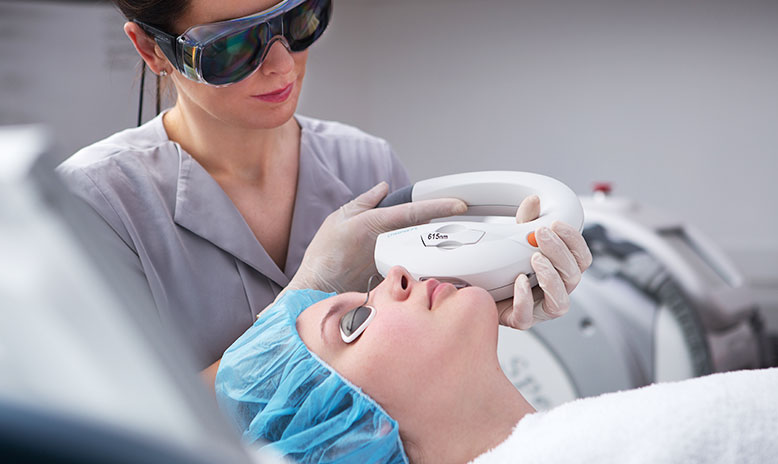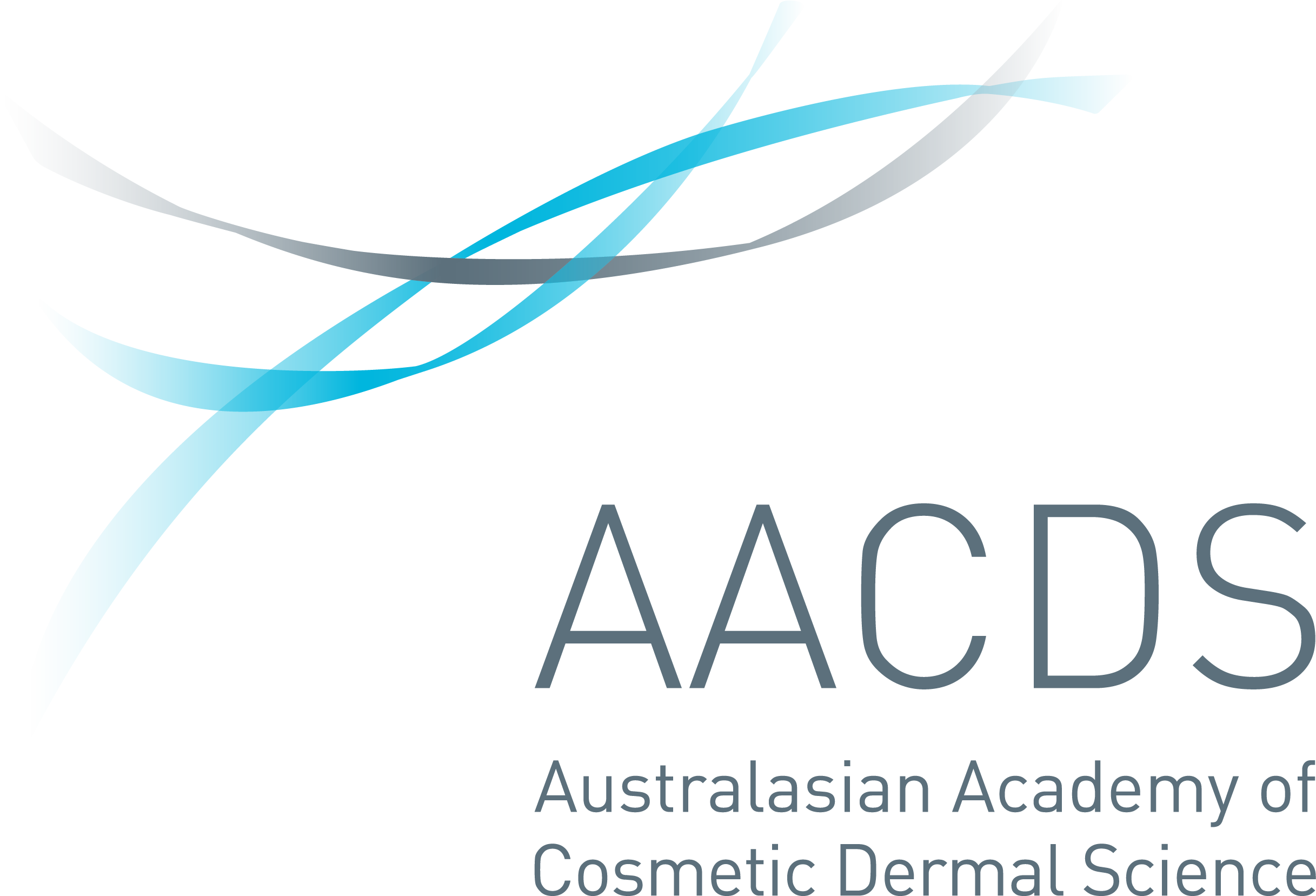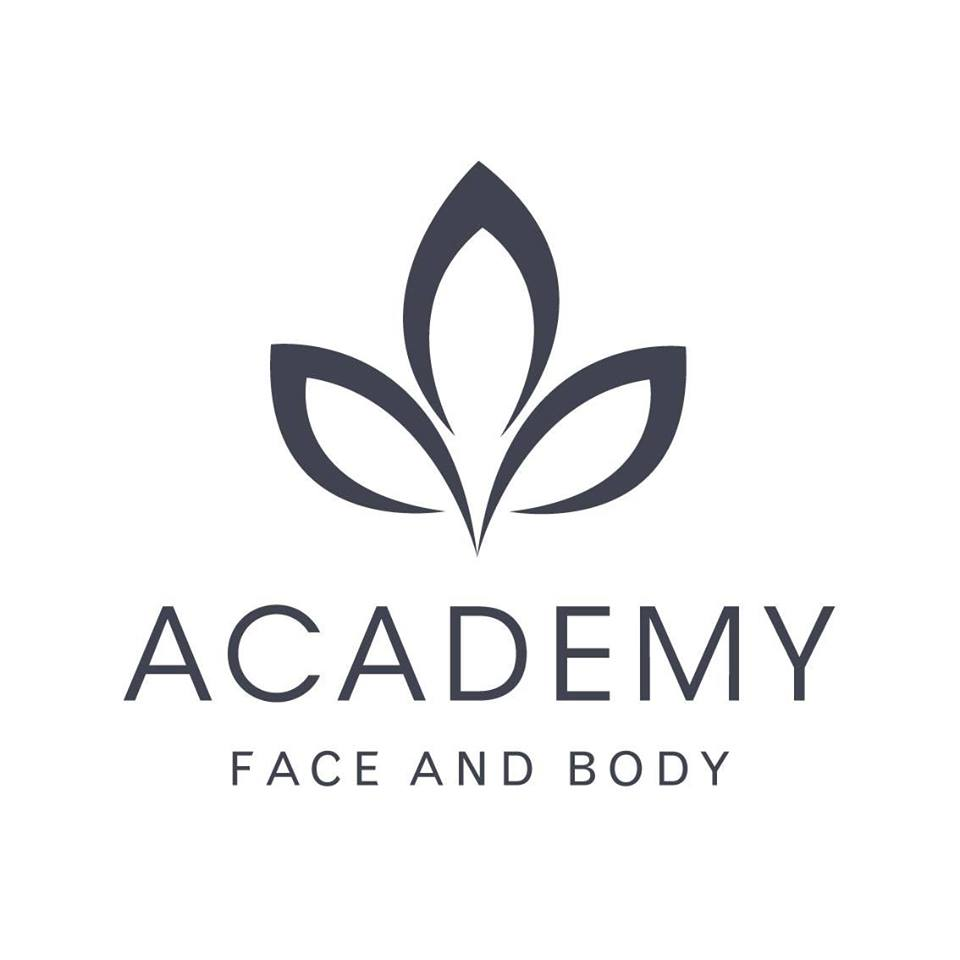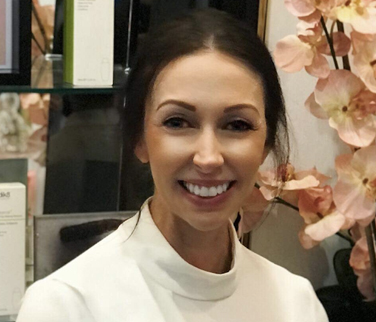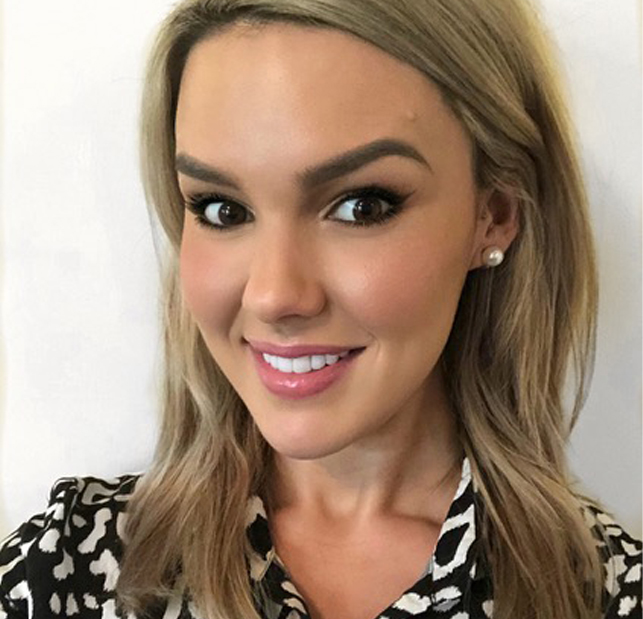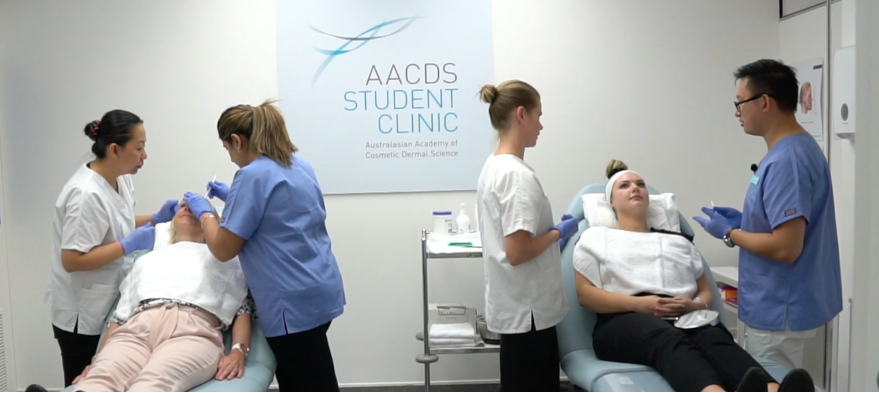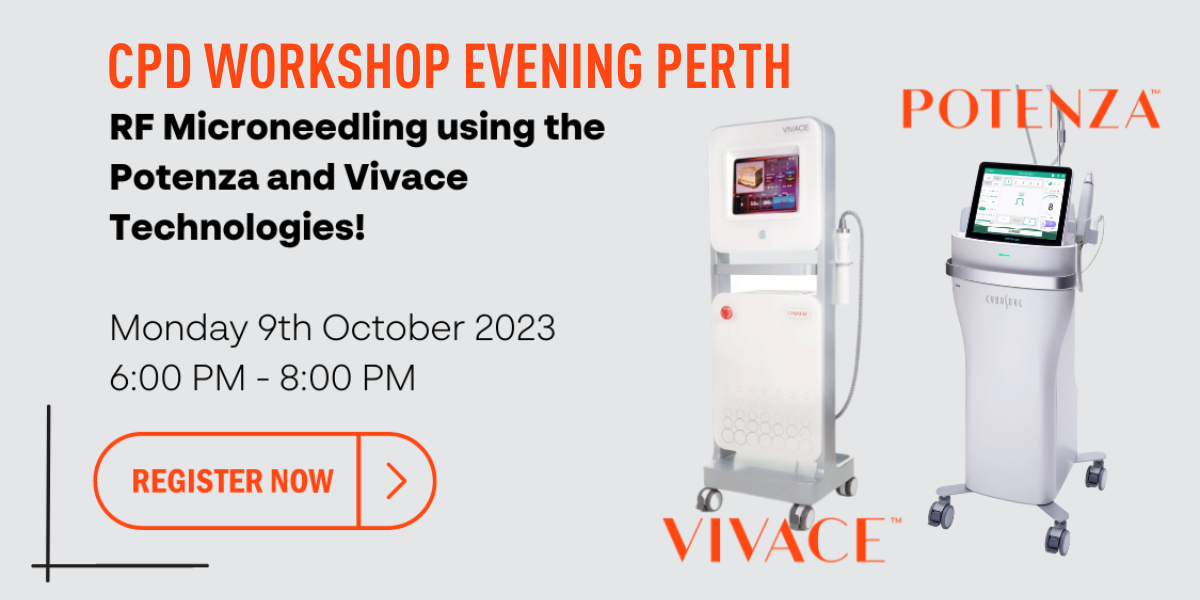One of the most exciting units of the Graduate Diploma of Cosmetic Nursing and Injectables course is the four day cosmetic injectables practical training. The four day intensive training is held the Aspire Training Clinics located in Melbourne, Perth and Sydney and at Grayclay Medical Aesthetics on the Gold Coast. During the four days, our cosmetic nurse students will have the opportunity to put their cosmetic injecting theory into practice and develop skills in facial assessment, injectable treatment planning, product selection and preparation, injection techniques and patient review.
Working on real paying patients also provides students with a realistic clinical environment and exposes them to a range of situations likely to be experienced in a cosmetic medical clinic, including dealing with patient requests and complications.
Throughout the practical training experience, students are fully supervised as there is a ratio of one trainer to two students. This ratio ensures each student can receive tailored interactions with the trainers and our trainers can provide focused and individualised help to each student. One of the trainers will be a prescribing doctor and the other, an experienced nurse injector to provide support and guidance. Students will run through the complete cosmetic injectable treatment process starting from greeting the patient in the waiting room, providing a thorough consultation and assessment, performing the treatment and finally closing the session by rebooking the patient according to their treatment plan.
Students do not need to bring in their own models, though can refer suitable candidates to the student clinic if they wish.
Day One of the Cosmetic Injectables Training
Before patients can be treated, students spend the day reviewing topics such as injectables theory, facial anatomy, the consultation process, facial assessment and mapping, clinical documentation, dilutions, needle handling, injection techniques and learning how to deal with complications. Important topics such as occupational health and safety, disposal of sharps and COVID safety is also covered.
An integral part of the treatment process is the consultation. Students will complete a thorough consultation with every patient they see under the supervision of a trainer. The consultation process involves:
- reviewing medical history and causative factors in relation to intrinsic and extrinsic ageing
- identifying appropriate treatment options to address the patient’s concerns
- developing a treatment plan, which may also encompass dermal and surgical procedures
- discussing the treatment plan with the patient, which includes treatment timeframes, informed consent and pre and post care instructions
- providing a quotation for treatment
- taking quality pre-treatment photos
Day Two of the Cosmetic Injectables Training
Day two is spent treating actual patients with a focus on administering cosmetic neurotoxin to the glabellar, forehead and crow’s feet area. A required number of case studies (patients) are consulted and treated. Students use the cosmetic neurotoxin Xeomin® and must carefully select dosage/units per area and accurately mark and treat the intended injection points.
Day Three of the Cosmetic Injectables Training
Day three is focused on dermal filler treatments for lips and cheek augmentation and marionette correction. Students use the Merz® range of injectable products and must select products according to anatomical area, desired treatment outcomes and the pharmacological properties of the product.
Day Four of the Cosmetic Injectables Training
Day four is all about full face assessment and combining neurotoxin and dermal fillers to achieve optimum treatment outcomes. By this stage, the student is expected to be able to formulate a full treatment plan encompassing neurotoxin, dermal filler, dermal therapies and in some cases, cosmetic surgery.
Best Practice Prescribing
Throughout all aspects of the cosmetic injectables training, there is an emphasis on how Nurses can achieve best practice. Best practice ensures the Nurse is practicing safety in line with their scope of practice and all procedures are prescribed in accordance with the Australian federal law and TGA scheduling. This entails the correct consultation process in which the covering doctor must be involved, standing orders signed in real time and how and when to involve the covering doctor when treatment plans are altered or complications arise.
Want to know more about our cosmetic nurse courses?
To learn more about our cosmetic nurse courses, please click here to arrange a time to talk with the Course Coordinator or to apply for the 52502WA Graduate Diploma of Cosmetic Nursing and Injectables, please click here.
